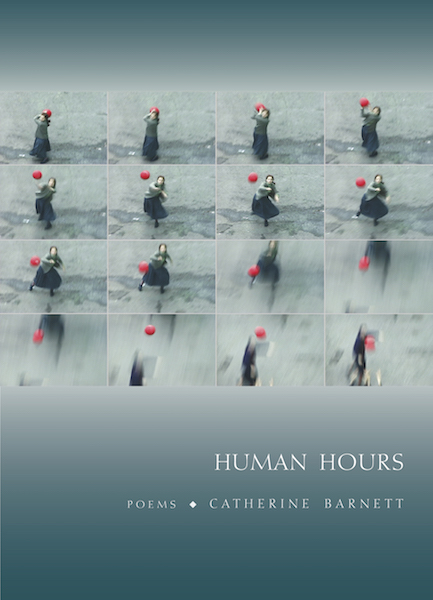Mostly I’d like to feel a little less, know a little more.Knots are on the top of my list of what I want to know.Who was it who taught me to burn the end of the cordto keep it from fraying?Not the man who called my life a debacle,a word whose sound I love.In a debacle things are unleashed.Roots of words are like knots I think when I read the dictionary.I read other books, sure. Recently I learned how trees communicate,the way they send sugar through their roots to the trees that are ailing.They don’t use words, but they can be said to love.They might lean in one direction to leave a little extra light for another tree.And I admire the way they grow right through fences, nothingstops them, it’s called inosculation: to unite by openings, to connector join so as to become or make continuous, from osculare,to provide with a mouth, from osculum, little mouth.Sometimes when I’m alone I go outside with my big little mouthand speak to the trees as if I were a birch among birches.
Epistemology
Feature Date
- July 10, 2019
Series
- Editor's Choice
Selected By
Share This Poem
Print This Poem
Copyright © 2018 by Catherine Barnett
All rights reserved.
Reproduced by Poetry Daily with permission.

Jacqueline Mia Foster
Catherine Barnett is the author of three poetry collections, Human Hours, Into Perfect Spheres Such Holes Are Pierced, and The Game of Boxes, winner of the James Laughlin Award of the Academy of American Poets. Her honors include a Whiting Award and a Guggenheim Fellowship. She is a member of the core faculty of New York University’s Creative Writing Program, a Distinguished Lecturer at Hunter College, and an independent editor in New York City.
“A fast-paced but unflappable tour of hotels, airports, college drop-offs, gynecologists’ offices and the cafes of Lower Manhattan. . . . The moments of stillness in Human Hours are equally compelling.”
—The New York Times Book Review
“Barnett’s marvelous third collection is populated by devastatingly wry (and wryly devastating) poems about aging, time, and the existential predicaments—violence, trauma, consciousness itself. . . . Iconoclastic and penetrating, the speaker of these poems unsettles and enlivens.”
—Vulture
“[Human Hours] unspools in a conversational, free-associative idiom. . . . Even in our darkest hours, the poems insist, company and comedy are never far away.”
—BOMB.com
Poetry Daily Depends on You
With your support, we make reading the best contemporary poetry a treasured daily experience. Consider a contribution today.




